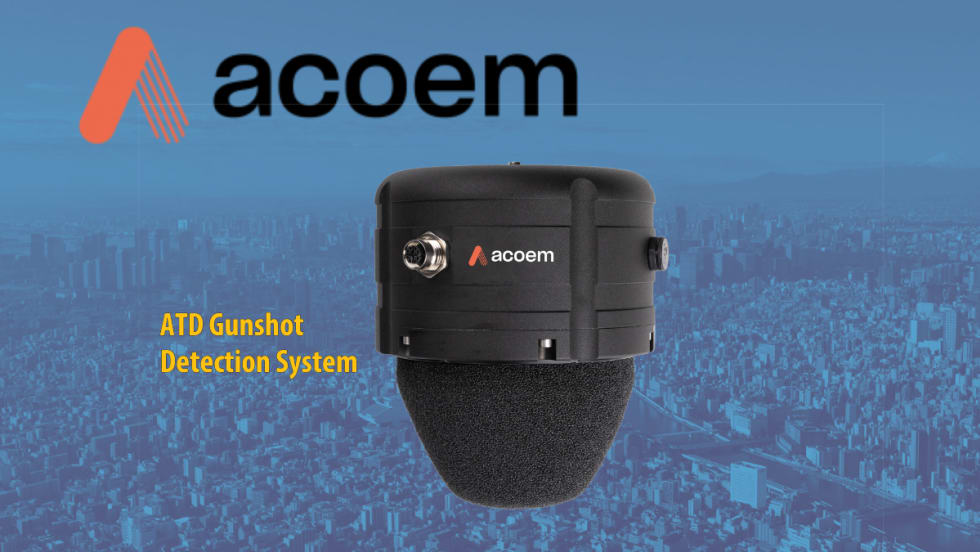In August the American Civil Liberties Union (ACLU) issued a white paper titled “Eye-in-the-Sky Policing Needs Strict Limits” focusing on drone as first responder programs, which are becoming popular, especially with smaller municipal and county law enforcement agencies.
As covered in POLICE’s April/May cover story “Drones on Patrol,” a drone as first responder (DFR) program involves operating drones beyond visual line of sight to gather information about what is happening on the ground at the site of a call for service. The drones are sent to the scene in advance of responding officers to gather information that can lead to more positive outcomes.
Despite these benefits, the ACLU wants to restrict the use of DFR programs.
The ACLU concedes that law enforcement use of drones during emergencies is constitutional. But the problem lies in definition of emergency. What the ACLU considers proper use of drones by police is implied in its criticism of the nation’s first DFR program in Chula Vista, CA.
The report says the Chula Vista Police Department has launched more than 14,000 DFR flights since the beginning of its program. Some of those flights were for things that the ACLU considers emergencies such as fires, vehicle accidents, and “gun violence” (crimes committed with firearms). Others were for things the ACLU considers less serious, and that merits a deeper dive.
Some very serious calls for service—family and domestic disputes, wellness checks, and mental health incidents—should not be considered emergent enough for a drone overflight in advance of your arrival, according to the ACLU. These are all very dangerous types of calls. It is not unusual for officers arriving at domestics to come under attack—and sometimes under fire—from the partner or family member that caused the problem. A welfare check could be the pretext for an ambush. A mental health call can rapidly escalate into a suicide-by-cop incident. There’s not a cop in America who wouldn’t love to have more information on these situations before rolling up on them. And to deny you that information on the grounds of the possibility of abuse of the technology is wrong.
The report also cites nuisance calls as a reason Chula Vista PD has sent in the drones. And it implies that the agency shouldn’t be allowed to do so. There are many reasons why this is wrongheaded thinking. But the primary one is that even if it is a nuisance call, once you receive information from the dispatcher, you have to go. Cops aren’t allowed to just ignore calls because they think they might be bogus. Having drone overflight before the officers arrive on scene can help clear those nuisance calls faster and help you get back to real emergencies.
To be fair, the ACLU report is not coming out against using drones to improve public safety or even officer safety. It’s biggest concerns are privacy of individuals who might be surveilled without a warrant. And here is where the organization’s argument pretty much falls apart. The small rotor driven drones operated by most law enforcement agencies have an average flight time of 30 minutes. Unless you have a bunch of drones or a bunch of batteries or both, you are not going to be able to conduct any lengthy surveillance of a location, group, or individual with untethered police drones. They are best used for taking a quick peek at something or someone.
The disconnect lies in the fact that much of the public doesn’t realize the limitations of these aircraft, especially the anti-law enforcement public that believes John Law can bust them for cocaine possession after looking in their bedroom window with a DJI Mavic. Another issue is that much of the public conflates police drones with military drones and thinks they can loiter over their house for hours on end like a U.S. Air Force Reaper drone.
To its discredit, the ACLU report does not explain this difference or talk at all about flight times. It even invokes the concern that police would hover drones over high crime areas. (Not for more than 25 minutes, they wouldn’t. Unless they are using a tether.) You can draw one of two conclusions from this, either the ACLU is ignorant of the battery performance of typical quadcopter drones or they strategically left out this information to fire up the activists against DFR programs. Hint: The rest of the report is very well researched.
The ACLU is calling on a moratorium for new DFR programs until there is more information on the existing ones. Here’s all the information they need. Chula Vista PD and other users of DFR have been remarkably transparent about their programs. Current battery technology prevents small police drones from being used for the kinds of privacy violations that the ACLU is worrying about in its report—and that technology is unlikely to radically improve for a decade or more. And most importantly, DFR has likely saved police and civilian lives.
DFR programs are a resounding success. And more agencies should launch these programs once they have constitutionally compliant policies in place, community support, and funding.











